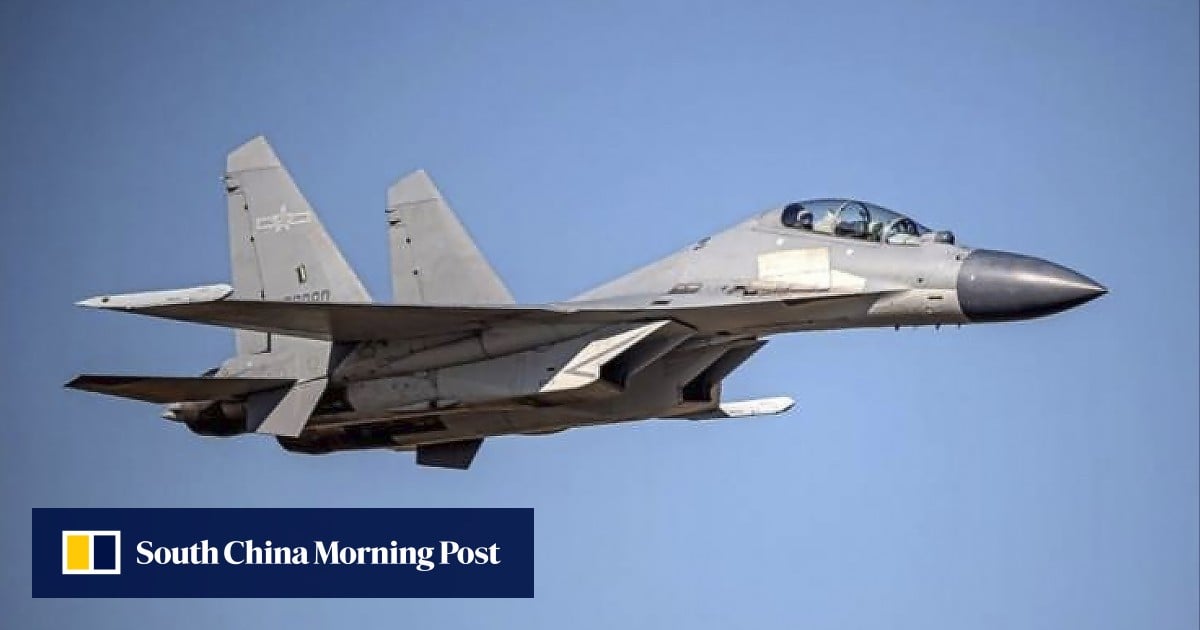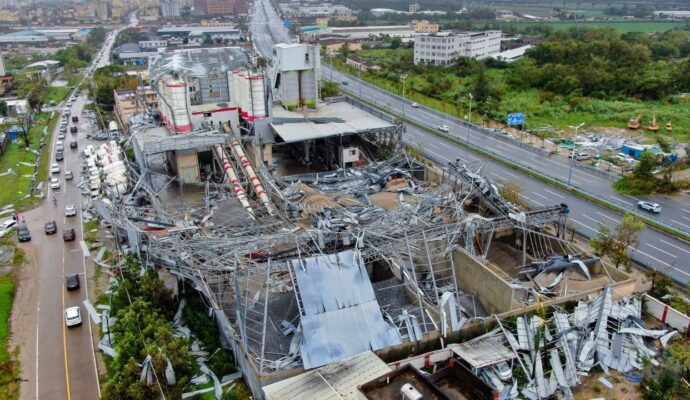
“We expect all countries in the Indo-Pacific region to use international airspace safely and in accordance with international law.”
The incident occurred during a week in which two US officials have decried Beijing’s denial of invitations to set up high-level, military-to-military talks
Speaking in New York last week, US Indo-Pacific Commander Admiral John C. Aquilino accused the Chinese government of holding out on such invitations as a “bartering chip” and condemned that approach as a failure “to mitigate risk and to avoid miscalculation”.
US assistant secretary of defence for Indo-Pacific security affairs Ely Ratner reiterated on Thursday that Washington hoped for “open queues of communication” but that China had yet to reciprocate.
The Chinese government considers most of the South China Sea its territorial waters, and routinely denounces US military operations there. To strengthen its claim, in 2021 it issued a notification directive for foreign vessels plying these waters.
The order issued by China’s Maritime Safety Administration applies to submersibles, nuclear vessels, ships carrying radioactive materials, ships carrying bulk oil, chemicals, liquefied gas and other toxic and harmful substances and other vessels deemed a threat to the country’s maritime traffic safety.
Asked for a response to Indopacom’s statement, Liu Pengyu, a spokesman for Beijing’s embassy in Washington, called US reconnaissance operations in the area “a serious danger to China’s national security”.
“For a long time, the US has frequently deployed aircraft and vessels for close-in reconnaissance on China, which poses a serious danger to China’s national security,” Liu said.
“The US’s provocative and dangerous moves are the root cause of maritime security issues.”
“China urges the US to stop such dangerous provocations, and stop deflecting blame on China,” he added.
“China will continue to take necessary measures to resolutely defend its sovereignty and security, and work with regional countries to firmly safeguard peace and stability in the South China Sea.”
Bilateral tension on the military front appeared to escalate earlier on Tuesday, after Beijing’s foreign ministry blamed Washington for its rejection of an invitation for Chinese Defence Minister Li Shangfu to meet his US counterpart Lloyd Austin at the coming Shangri-La Dialogue defence summit.
Resuming talks at the event set to take place from June 2 to June 4 in Singapore would require an effort by Washington to create a “necessary atmosphere and conditions”, foreign ministry spokeswoman Mao Ning said on Tuesday.


